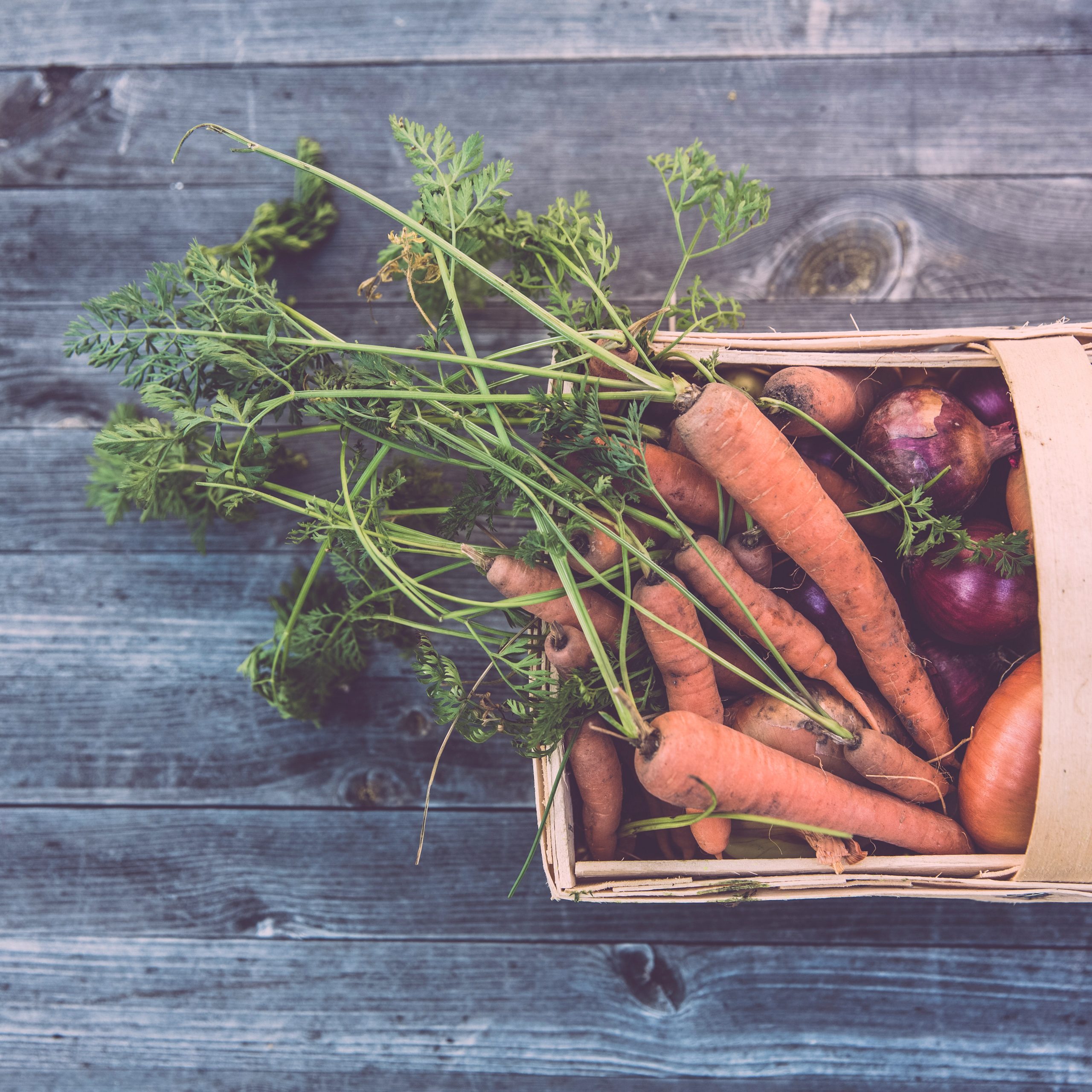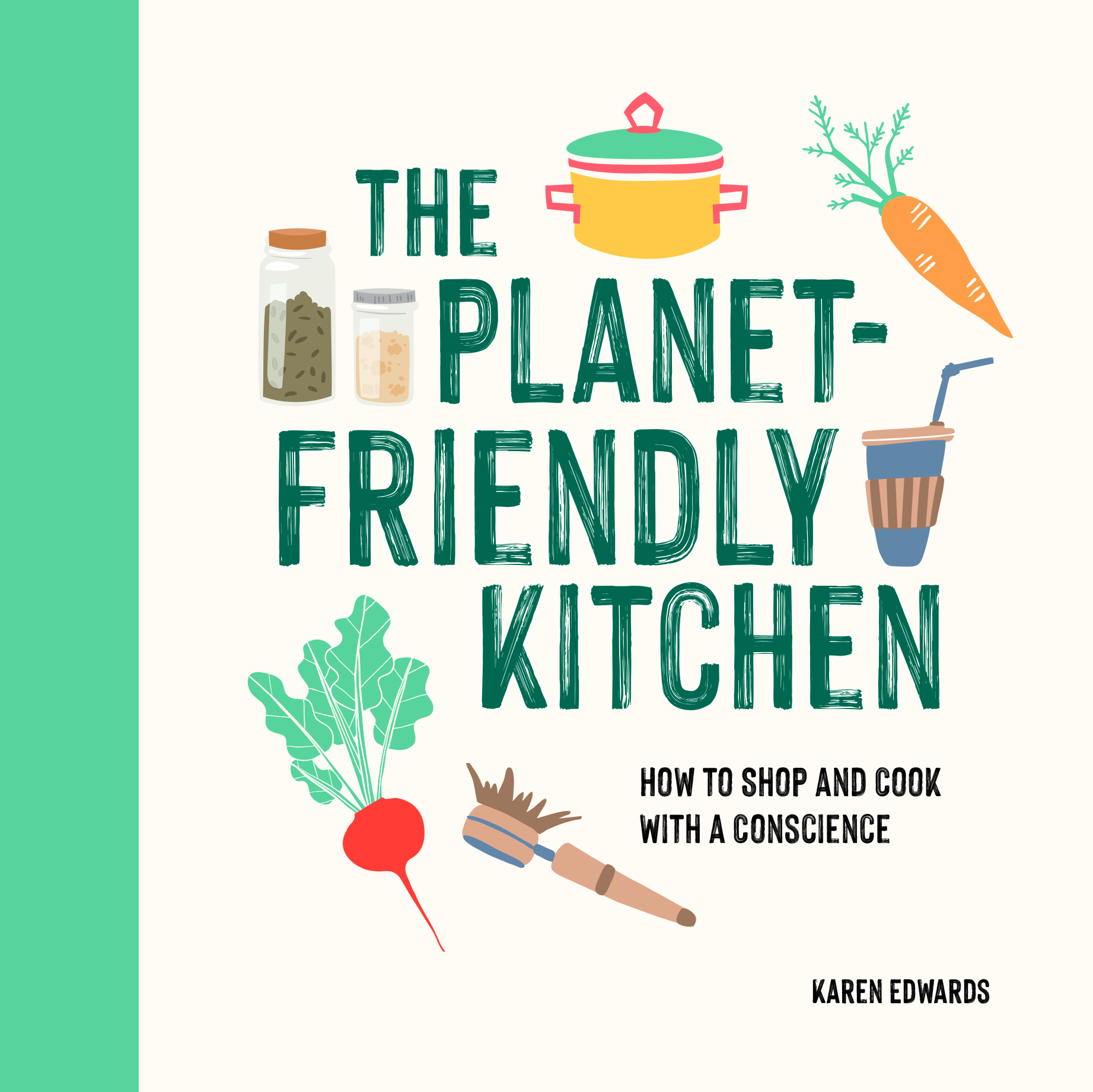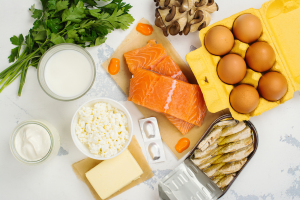How to shop, eat and cook sustainably – in five easy steps

Almost a third of greenhouse gasses emitted globally by human activity come from our food industry. These five simple changes to your eating habits will help to lower the emissions that contribute towards climate change, reduce deforestation and encourage more environmentally conscious farming.
Reduce dairy, meat and seafood meals
This week is National Vegetarian Week and eating more sustainably does ultimately mean we need to shift, collectively, towards a plant-based diet. In fact, this is the most effective step towards a planet-friendly food industry. If we all ate less meat, the demand on livestock farming and commercial fisheries would decrease massively – with the latter facilitating ocean ecosystems to replenish and thrive.
The production of red meat, in particular, requires a lot of water in comparison to plant crops, so there would also be less pressure on this vital natural resource. Additionally, less land would need to be cleared for agriculture and a reduction in animal farming means less methane – a major greenhouse gas – is released into the atmosphere. This doesn’t mean you have to give up meat or fish completely if you prefer a flexi lifestyle. Even reducing your meat intake to one meal a day is a significant change for the better.
Plan your meals to reduce food waste
Unbelievably 30% to 40% of our food goes to waste. That is enough to feed disadvantaged communities across the world several times over. We need to do better. By spending a few minutes making a weekly meal plan, you can reduce your household food waste massively.
The process is easy – simply decide how many meals you will have at home during the week, then pick a selection of recipes that are easy to cook and have common ingredients – and that allow leftovers for another day. Swap in planet-friendly ingredients such as unsweetened plant-based milk and locally-produced cooking oil – and shop only for the ingredients you don’t already have in your cupboards.
Always know where your food comes from
The first – and most important – thing when it comes to shopping and eating more sustainably, is to know where your food has been produced. Smaller farms, or family-run businesses, tend to avoid controversial agricultural methods such as intensive farming and promote kinder practices like organic cultivation.
While organic food isn’t always sustainable, it is kinder towards the environment and livestock – mainly due to being free from synthetic chemicals, pesticides and hormones. Supermarkets stock produce from all over the world, but shopping at local butchers, fishmongers and markets allows you to question the standards in which your food has been produced.
Avoid exotic fruits
Tropical fruits such as pineapples and mangoes are summer favourites here in Britain but remember they have travelled thousands of miles to reach us – as have fruit bowl staples like the humble banana. International produce is generally transported by air or ship – which requires a great deal of fossil fuels, packaging and energy for refrigeration.
By shopping for seasonal and locally grown fruits, which require less fuel, energy and packaging, you’ll be lowering emissions and pollution.
Plant your own veggie garden
According to a survey conducted by organic pharmaceutical company, Weleda, 26.7 million people in the UK grew their own fruit, vegetables and herbs in the last 12 months during the pandemic. Many of them did so for the first time.
Growing your own produce is a fail-safe way to know you are eating more sustainably because you are sourcing your food in a local and organic environment. By learning which staple vegetables grow throughout the four seasons, you can ensure you have a continuous crop – The Planet-Friendly Kitchen contains tips on how to do this successfully – plus, it’s satisfying to be eating your own homegrown veggies. Just imagine how much you can save in energy emissions and packaging.
Karen Edwards is a freelance editor and writer specialising in sustainable food. She is the author of The Planet-Friendly Kitchen (£8.99, Summersdale) out on 13th May













